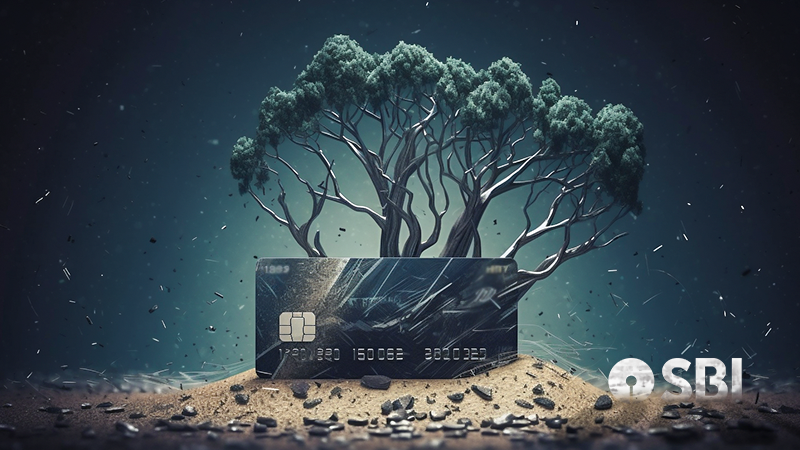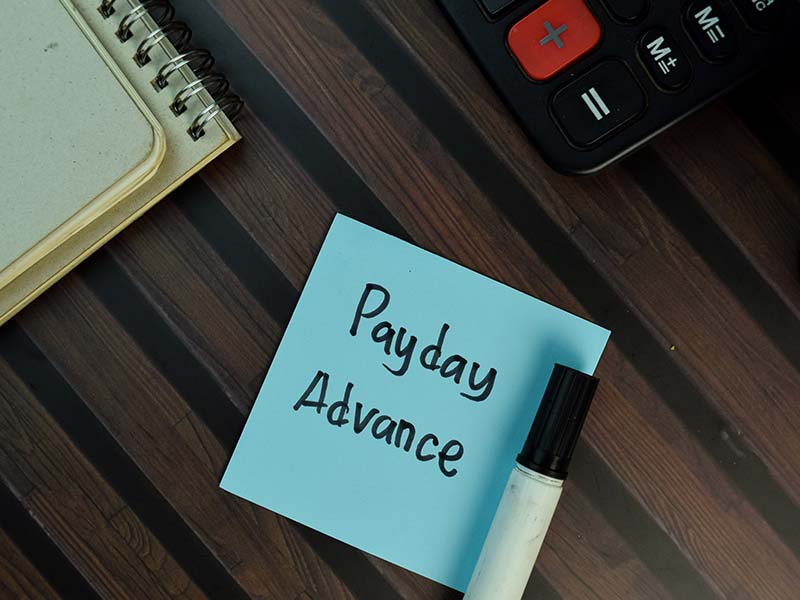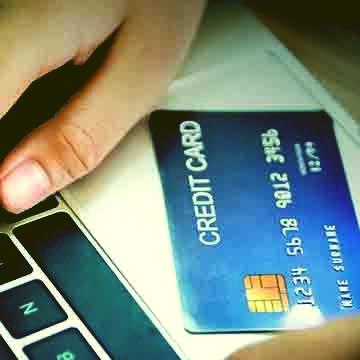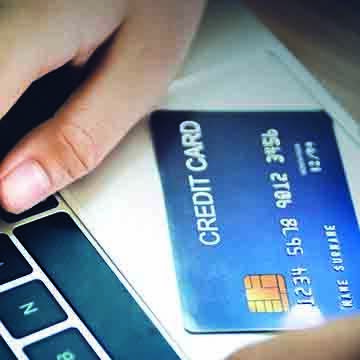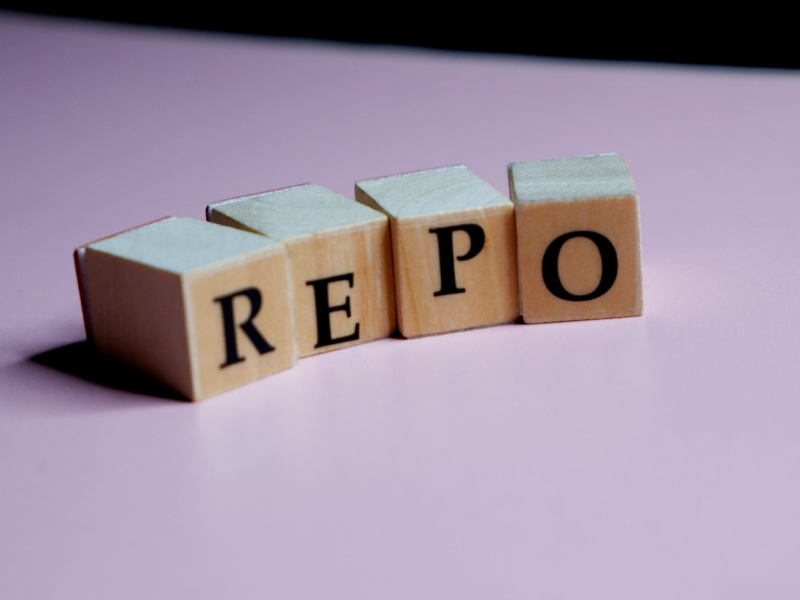Taking a loan is quite common in today’s modern world. Loans are available quite easily and many lenders also provide pre-approved loans based on the credit history and relationship of the applicant with the bank. These loans have to be repaid on a timely basis to ensure a healthy financial record and not increase the cost of borrowing over time. However, there are many cases when repaying the loan taken regularly can be difficult. The consequences of missing the loan repayments are severe and long-lasting.
Given below are a few consequences of loan default that highlight why a borrower should ensure that they repay the loan in the scheduled manner.
What is loan default?
Before understanding the consequences of loan default, let us first learn its meaning. When a person takes a loan, they have to repay the same in the form of EMIs which are monthly equated amounts spread over the tenure of the loan. The amount of EMI is determined based on various factors like the repayment capacity of the borrower, their income level, rate of interest, tenure of loan, gender of the borrower, relationship with the bank, etc. When the borrower fails to repay the loan EMIs they are said to have defaulted the loan.
What are the types of defaults?
Most people believe that a loan default occurs only when the borrower fails to repay the loan. While that is true, there are multiple ways that a person can default on a loan. The details of the same are mentioned below.
- Financial default
Financial default is the most commission type of loan default when the borrower fails to pay the interest or the principal or both of the loan as per the loan schedule.
- Technical default
Technical defaults are defaults that are essentially a type of breach of contract between the lender and the borrower. These breaches can be in the form of
- Covenant breaches (delay in any form of financial reporting)
- Breaches in the warranties, or the assumptions that were the basis of the loan sanctioned,
- Breach in the ownership or control without the consent of the lender.
What happens when you default on a loan?
The consequences of loan default are multifold and have long-term effects. Some of such consequences are mentioned below.
- Adverse impact on the credit score
The first and foremost impact is on the credit score of the borrower. The credit score of a person is always reviewed by the lenders to assess the creditworthiness and viability of any line of credit issued. When the loan EMIs are paid on time they boost the credit score and show that the borrower has a sound repayment capacity. However, when the borrower defaults on the loan, their credit score takes a hit. The loan default is reported by the lenders to the credit rating bureaus and the record of the same is maintained in the credit report for seven years. It takes a long time to revive the credit score and hence damaging it is not advisable.
- Limited future borrowing capacity
A person with a poor credit score is not preferred by the lenders as the risk of lending to such a person increases. Therefore, when such a person applies for any future loans, there is a high probability that the loan application will be rejected or if a loan is sanctioned it will be at a high-interest rate. This limits the future borrowing capacity of the loan defaulter and hence, loan defaults have to be avoided at any costs.
- Risk on collateral
In case the loan is a secured loan, when the loan defaults, the lender has the right to recover their dues through the collateral. The lender can auction the asset or the collateral provided by the borrower to recover their dues and the balance if any from the auction is given back to the borrower.
- Possibility of legal action
Lenders can also take the legal route to recover their dues. As it is a civil offense, there cannot be criminal proceedings but the lender has the option to recover their dues by attaching the borrower’s property or the collateral as the case may be. In some cases, if the loan default is proved to be a wilful offense, the borrower can also be subject to criminal action which can be a penalty or jail time or both depending on the gravity of the offense.
- Penalty or excess amount to be paid
A direct impact of loan default is that the overall amount that needs to be paid against the loan increases. The borrower may need to repay the loan with a penalty or a few or take another loan to repay the previous one at a higher rate of interest. Also, with the increase in the outstanding amount, the interest rate on the current loan may increase if it’s a floating rate loan or the tenure of the loan may increase to accommodate the default.
Conclusion
Taking a loan for meeting our personal or business needs is quite common. However, it is important to assess the repaying capacity before taking a loan and to ensure that it does not harm the financial survival of the borrower and their family. Loan default poses a serious disadvantage to the borrower and the damage that is done is not repaired easily even after the loan in question is paid in full. Hence, loan defaults have to be avoided diligently even if the loan needs to be restructured for better repayment options.
FAQs
Yes. In some cases, if the loan default is persistent and wilful, the lender can seek direction from the court of law to attach the borrower’s property and recover their dues.
A loan default is a serious offense and hence borrowers can take the following measures to avoid it.
-Seek a loan restructuring with the help of the lender
-Seek for a deferment of the loan repayment in agreement with the lender
-Consider the option to consolidate debt (in case of multiple debts)
Yes. The borrower has the right to get a notice and a period of approximately 60 days (depending on the lender’s policy) to repay the loan before any legal action is taken against them.
In the case of loan default on unsecured loans, the lender can consider adding late fees, increasing the interest rate on the loan, transferring the case to a recovery agency, or seeking court intervention to resolve the case.















